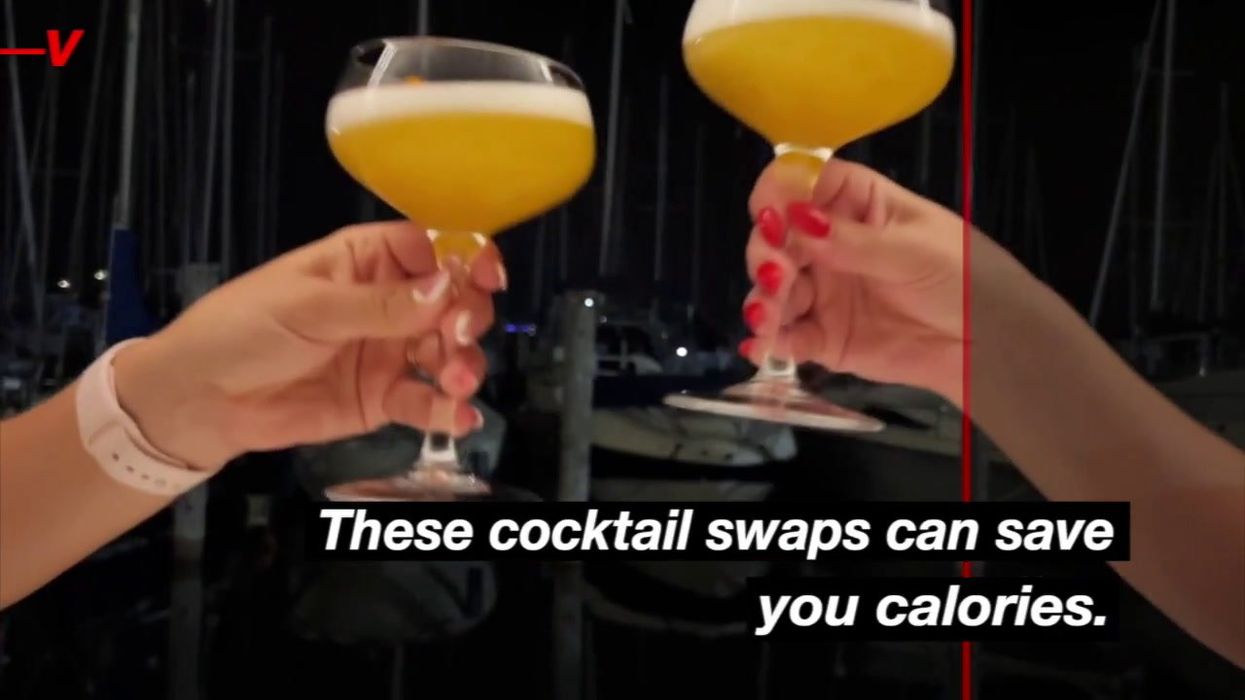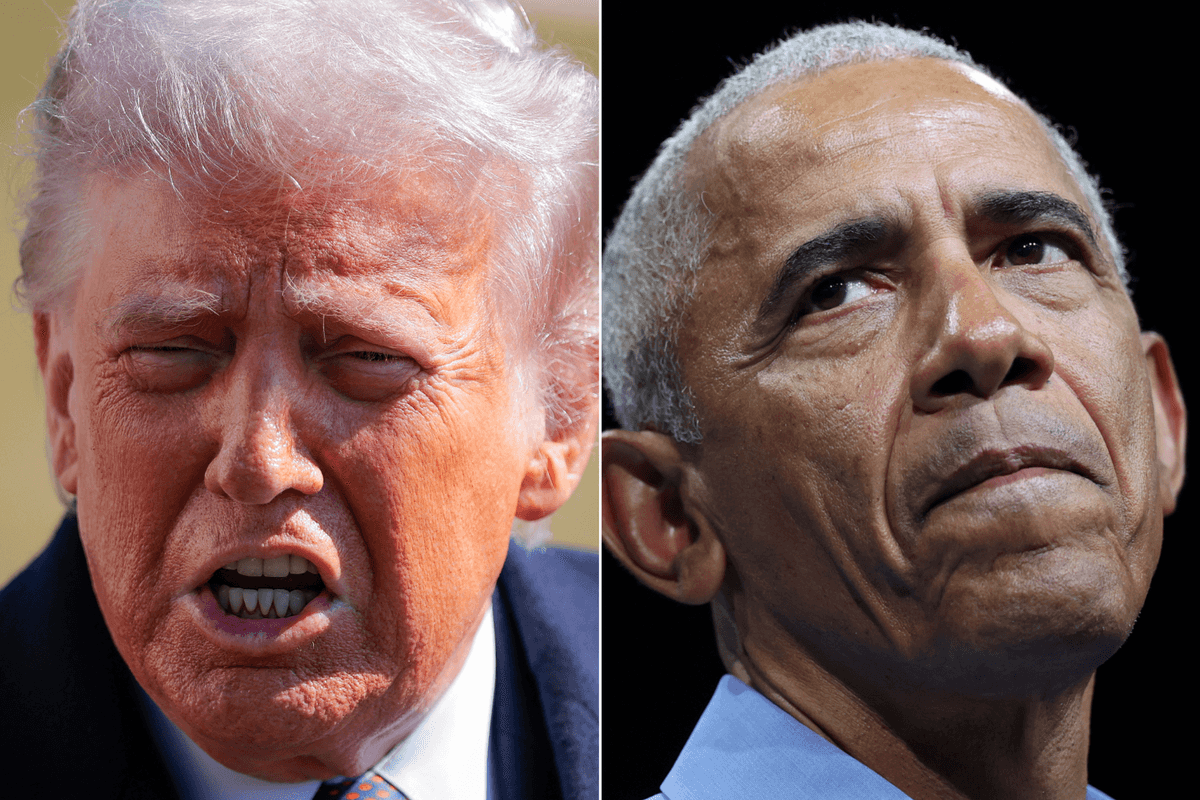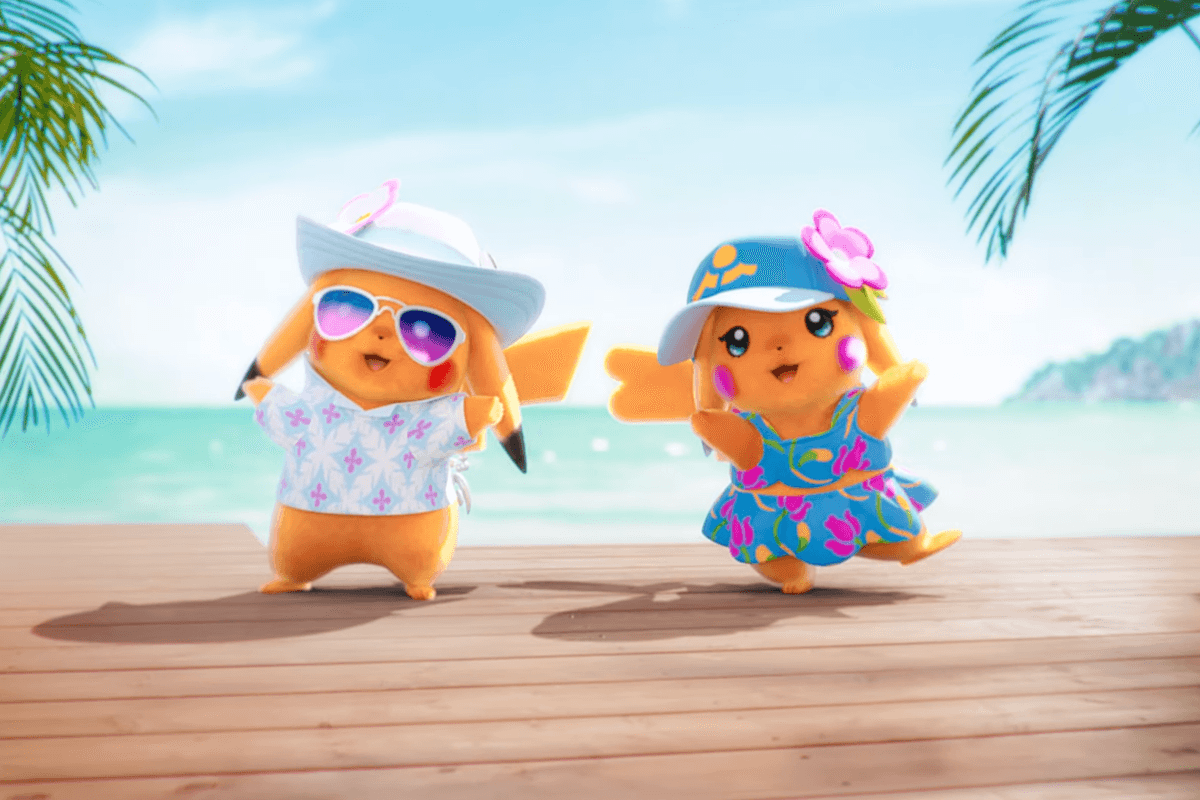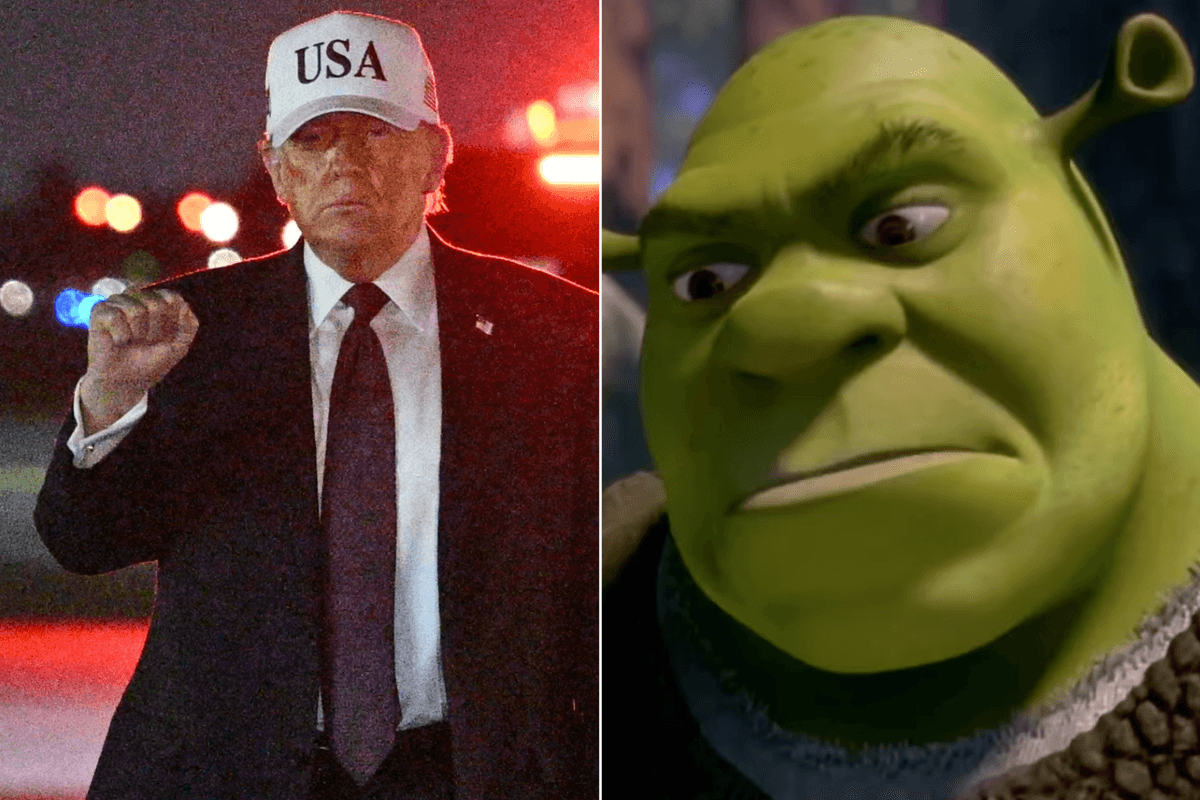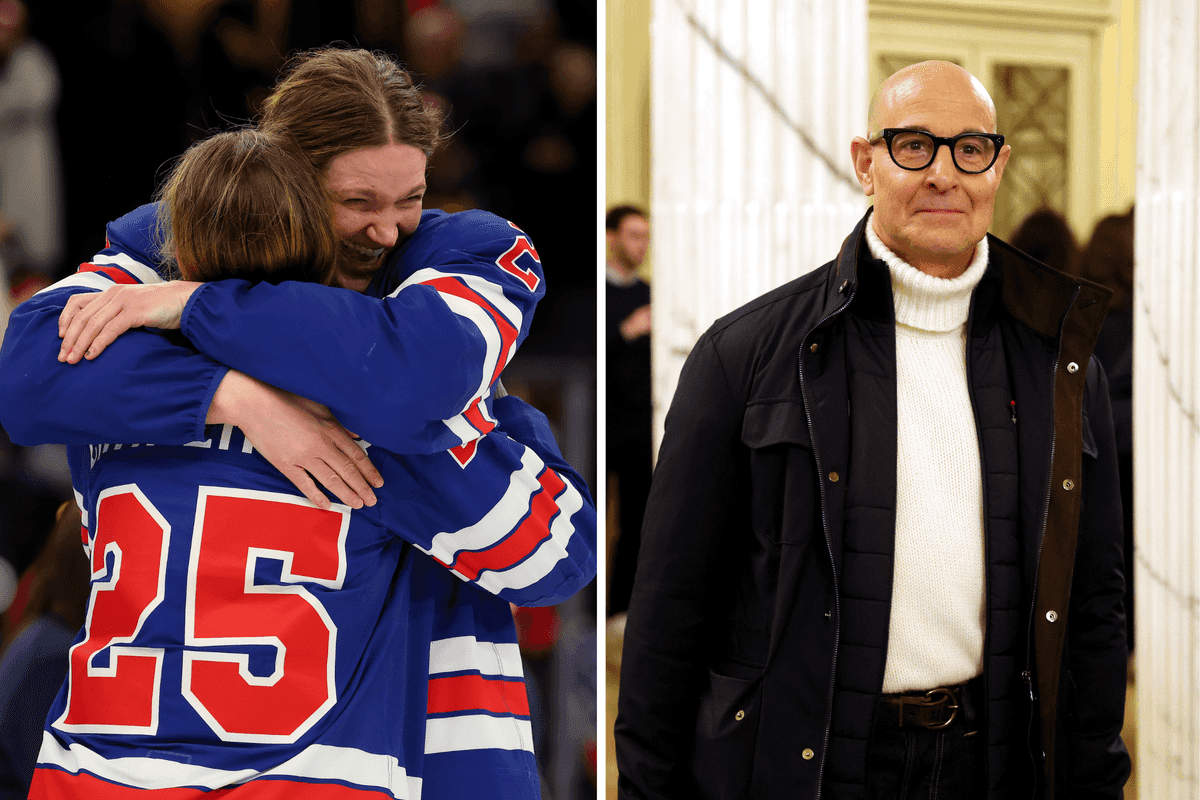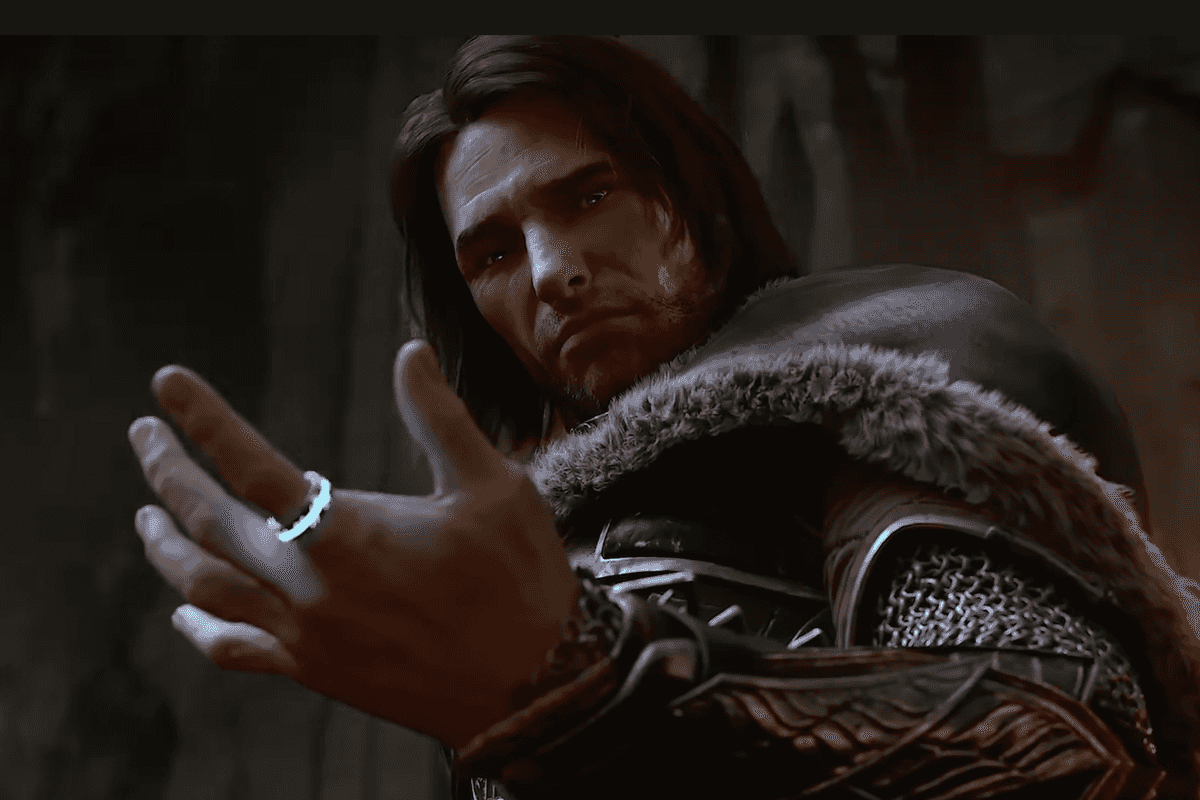Kate Plummer
Aug 30, 2023
Substitute These Alcoholic Drinks for All the Fun and Fewer Calories
Scientists have debunked the concept of “beer goggles”: the idea that alcohol makes other people appear better looking.
According to a study by Prof Molly Bowdring at the Stanford Prevention Research Center in Palo Alto, California, drunk people are not more likely to rate someone better looking than they would have done sober.
Bowdring and Prof Michael Sayette of the University of Pittsburgh invited 18 pairs of male friends into the laboratory to rate the attractiveness of men and women they saw in photos and videos.
Once, they were given enough vodka and cranberry juice to raise their blood alcohol concentration to about 0.08 per cent – the legal limit for driving in England, Wales and Northern Ireland and many US states – and on the other occasion, they both received a non-alcoholic drink.
As well as rating the people, they were asked to choose which people they would most like to interact with in a future experiment.
The research, published in the Journal of Studies on Alcohol and Drugs, did not find that alcohol increased people’s perceptions of others’ attractiveness. “But we did find that people were more likely to select to interact with the people they perceived to be most attractive after consuming alcohol,” Bowdring said.
Drunk participants were 1.71 times more likely to select one of their top four attractive candidates to potentially meet in a future study, compared with when they were sober.
“By making participants believe that the pictures they were viewing were of people they could choose to interact with in the future, the research team have added a nice element of realism, which has been missing from previous research in this area,” said Rebecca Monk, a professor of psychology at Edge Hill University in Ormskirk, Lancashire. “Their paradigm also allows for an exploration of the liquid courage adage rather than solely the so-called beer goggles phenomenon.”
“Their findings essentially suggest that while intoxication may not have resulted in beer goggles, it did seem to increase liquid courage, in that people were more likely to indicate a desire to interact with attractive others,” said Monk.
So no more blaming alcohol on your dodgy choices.
Sign up to our free Indy100 weekly newsletter
Have your say in our news democracy. Click the upvote icon at the top of the page to help raise this article through the indy100 rankings.
Top 100
The Conversation (0)
